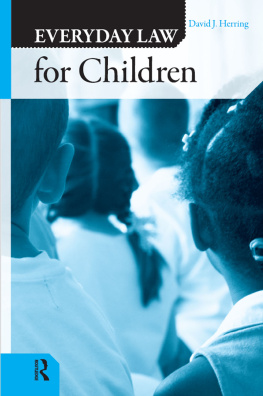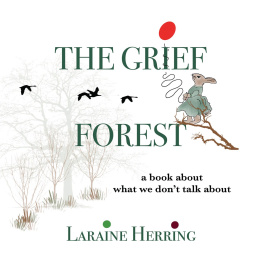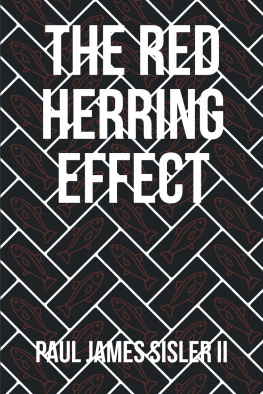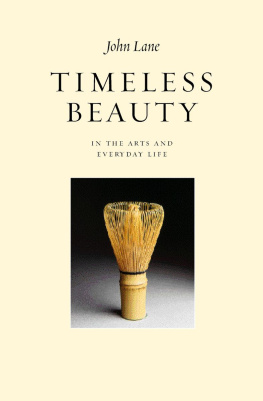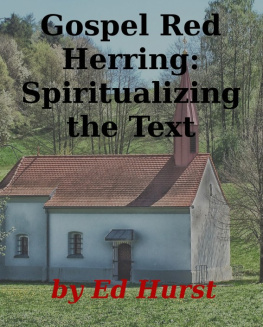Everyday Law for Children
The Everyday Law Series
Edited by Richard Delgado and Jean Stefancic, University of Pittsburgh Law School
Available
Everyday Law for Individuals with Disabilities
Ruth Colker and Adam A. Milani (2006)
Everyday Law for Children
David Herring (2006)
Forthcoming
Everyday Law for the Elderly
Lawrence Frolik
Everyday Law for African Americans
Harold A. McDougall III
Everyday Law for Gays and Lesbians
Anthony Infanti
Everyday Law for Latino/as
Steve Bender, Joaquin Avila, and Raquel Aldana-Pindell
Everyday Law for Consumers
Michael L. Rustad
Everyday Law for Immigrants and Foreign Nationals
Victor Romero
Everyday Law for Patients
Alan Scheflin and A. Steven Frankel
Everyday Law for the Homeless
Linda Tashbook and Susanna Leers
Everyday Law for Women: Sexuality, Reproductive Freedom, and the Family
April Cherry
Everyday Law for Children
David J. Herring
First published 2006 by Paradigm Publishers
Published 2016 by Routledge
2 Park Square, Milton Park, Abingdon, Oxon OX14 4RN
711 Third Avenue, New York, NY 10017, USA
Routledge is an imprint of the Taylor & Francis Group, an informa business
Copyright 2006, Taylor & Francis.
All rights reserved. No part of this book may be reprinted or reproduced or utilised in any form or by any electronic, mechanical, or other means, now known or hereafter invented, including photocopying and recording, or in any information storage or retrieval system, without permission in writing from the publishers.
Notice:
Product or corporate names may be trademarks or registered trademarks, and are used only for identification and explanation without intent to infringe.
Library of Congress Cataloging-in-Publication Data
Herring, David J.
Everyday law for children / David J. Herring.
p. cm (The everyday law series)
Includes bibliographical references and index.
ISBN-13: 978-1-59451-251-3 (hardcover : acid-free paper)
ISBN-10: 1-59451-251-5 (hardcover : acid-free paper)
1. ChildrenLegal status, laws, etc. United States Popular works. I. Title. II. Series.
KF3735.Z9H47 2006
344.730327dc22
2006003609
ISBN 13 : 978-1-59451-251-3 (hbk)
ISBN 13 : 978-1-59451-252-0 (pbk)
Designed and Typeset by Mulberry Tree Enterprises.
Contents
Legal Theories and Approaches Affecting Children
One cannot acquire a full, clear understanding of the law and how it affects children and their families. This is so because the fundamental social values surrounding children and families often conflict and are incoherent when viewed together. The conflict is deep and, worse, deeply disguised. The rhetoric of one value often mirrors that of the other, but the intended meanings and actual implications differ significantly.
This situation of disguised conflict allows participants in public discussions of children and families to manipulate others in order to achieve the specific results they desire. They can make statements seemingly in accordance with shared values while undermining the well-being of children and families. Because public discussions of children and families contribute significantly to the construction of the law affecting these constituencies, it is important to recognize and understand the conflict in fundamental social values that permeates public discussions of children and families. Only in this way can one reach a somewhat accurate understanding of the relevant law.
The goal of this chapter is to identify and discuss the primary conflict in values at play in discussions of children and families. The discussion will allow us to recognize rhetoric that leads to the manipulation of public discussions in order to serve factious goals. Interestingly, it will reveal a powerful conflict among groups of adults rather than a conflict between adults and children.
Understanding the primary conflict allows us to understand not only the construction of law but also the operation of laws and policies that affect children and their families. This understanding is vital for gaining insight into how the law and public systems affect children in their everyday lives. Recognizing the primary conflict and the manipulation of rhetoric within public discussions of children and families allows us to make more sense of the law and to come to a deeper understanding of how to use and even change the law as we confront it in everyday life. This point will become apparent in subsequent chapters as we address specific situations affecting children and their families.
The vehicle for our discussion of the primary conflict is the development of two strains of rights doctrine and rhetoric: parental rights and childrens rights.
Parental Rights
Coming first in time, the formal development of parental rights doctrine grew out of fear of a state-imposed vision of the good life and the appropriate methods for raising children. The United States Supreme Court embraced and addressed this fear in two significant decisions handed down in the 1920s.1 The first case concerned a Nebraska law that prohibited all public and private primary schools from conducting instruction in a foreign language. Striking down the law, Justice McReynolds based the Courts decision, in part, on the constitutional right of parents to control their childrens upbringing, a right that included having them receive instruction in languages other than English.
In explaining the Courts decision, Justice McReynolds harkened back to Platos vision of communal ownership of children, which would entail taking children from their parents and placing them in the hands of the state.2 No parent would know his or her own children, and children would not know their parents. Biologically unrelated nurses would raise the children of the leadership class, developing them into ideal citizens for the state.
Justice McReynolds rejected Platos vision in the strongest terms, finding that it was in fundamental and direct conflict with American values. American institutions protect individual liberty and insulate the individual from state control. One important aspect of individual liberty is a parents possession and control of his or her children. In an era when the Court frequently found an individuals control of his or her property and labor to constitute a fundamental right protected by the Fourteenth Amendment, the Court had little difficulty in finding that parents possession and control of their children constituted such a right. The Nebraska law that denied parents the right to control their childrens education unreasonably infringed on this fundamental right and thus was unconstitutional.
The Court, in calling forth and attacking the straw man of Platos vision of communal, state-directed child care in order to address a state statute that only barred education in a foreign language, might seem engaged in overkill. However, when Justice McReynolds wrote the opinion in the Nebraska case, he may have viewed the case against the background of an Oregon statute that more fundamentally threatened parental control. At that time, Oregon required every child to attend a public school.3 This requirement effectively precluded parents from sending their children to private schools. They could not have their children attend religious schools or other private schools that provided instruction different from that provided by public schools. In effect, they could not send their children to a school where instruction would occur outside the direct view and control of state actorspublic school teachers and administrators. This Oregon statute may have struck the Court as verging on Platos vision or as taking a significant step toward realizing it.


